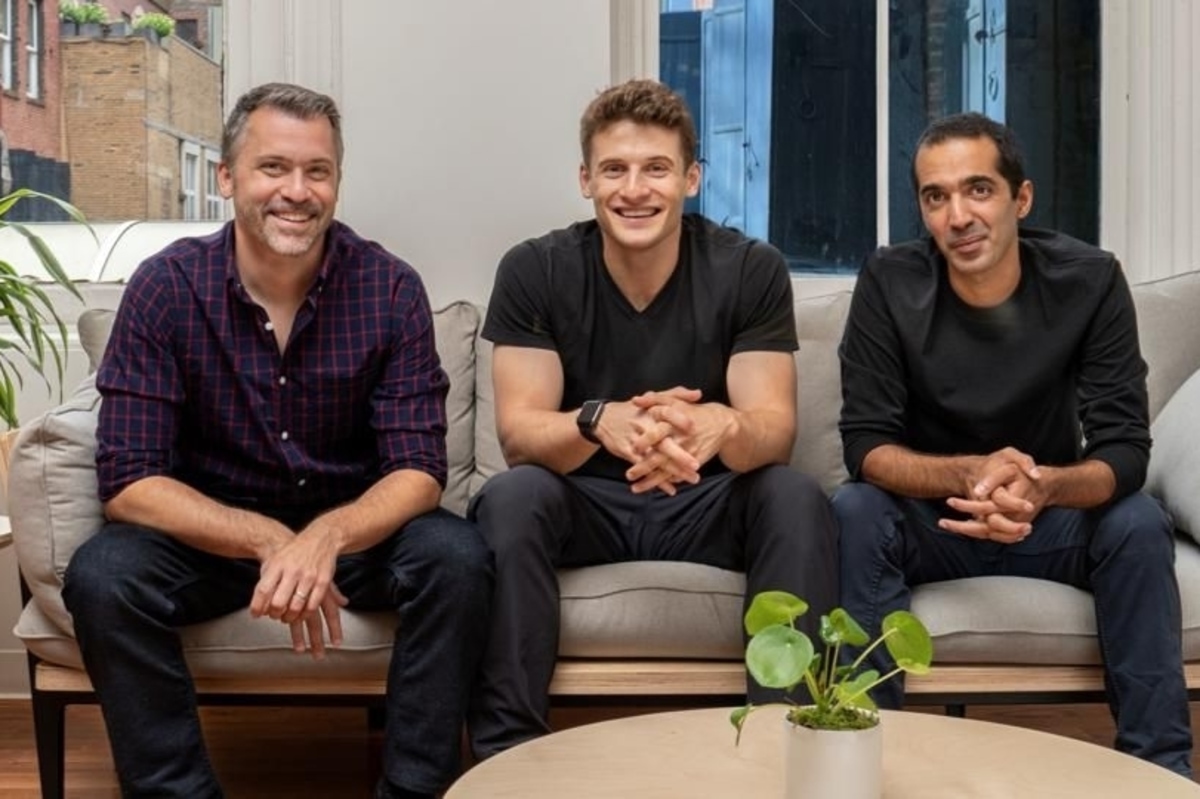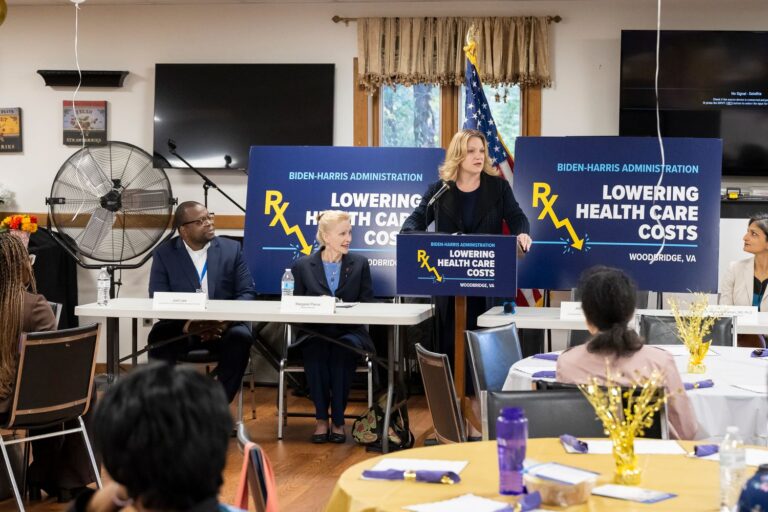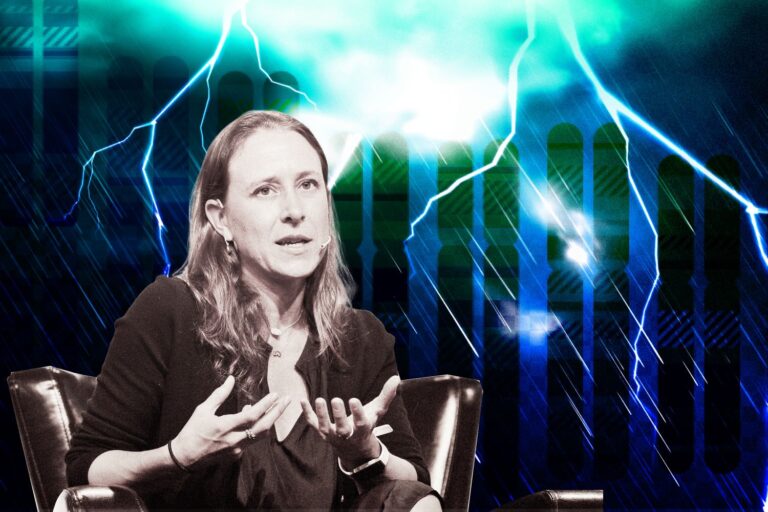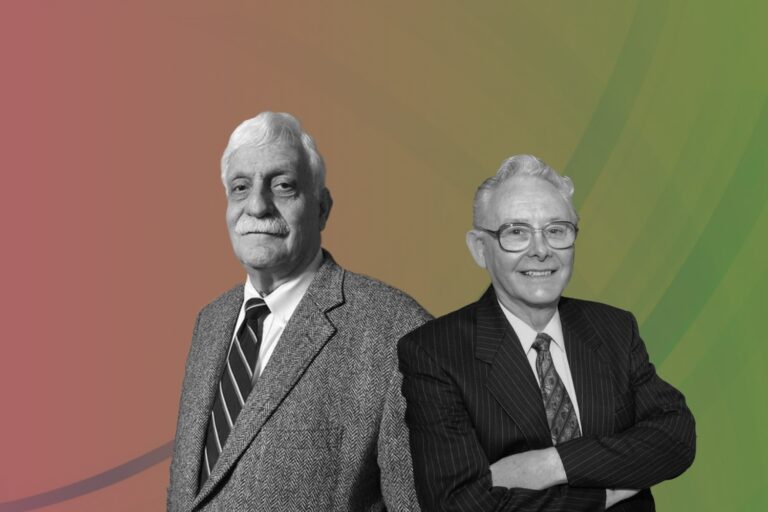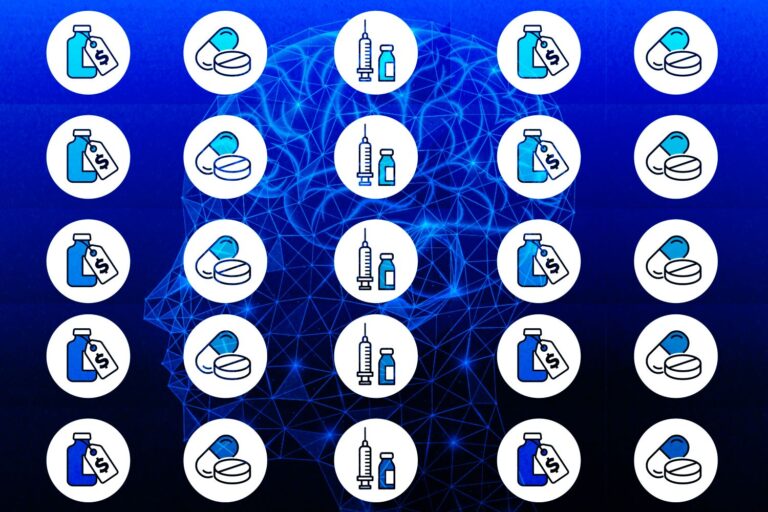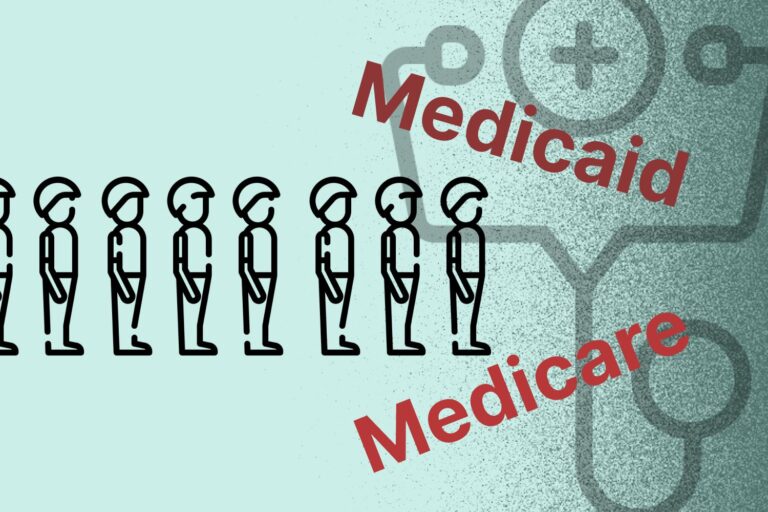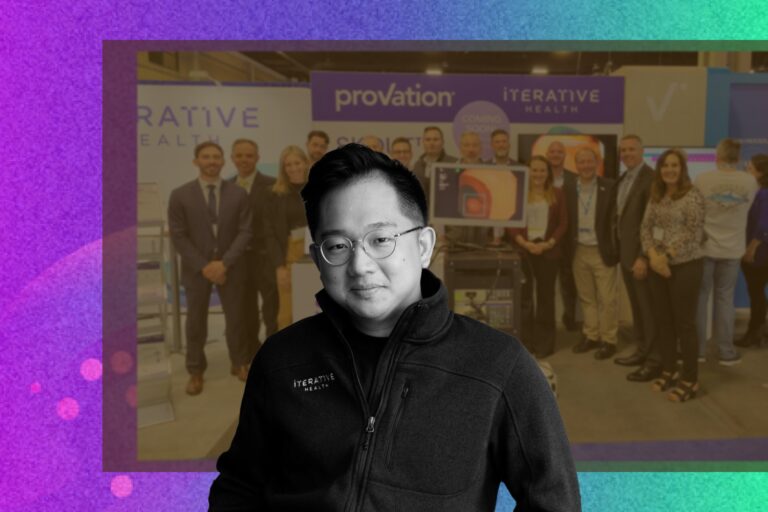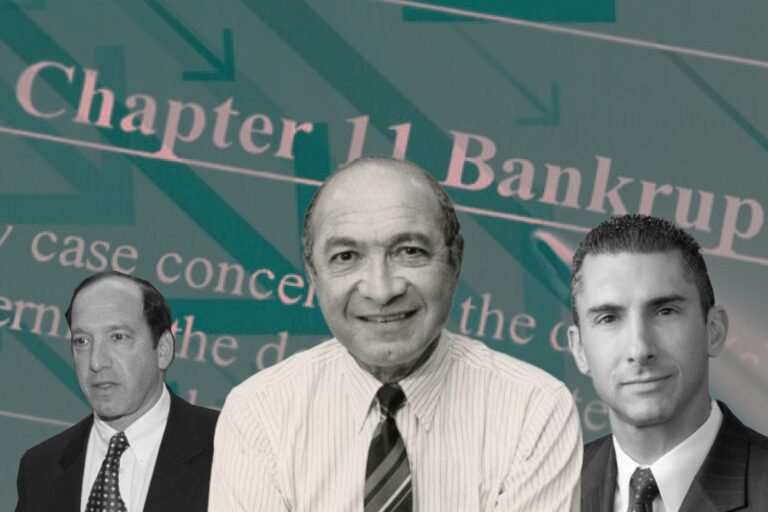Ro’s Story to Address Hot-button Topics of Conventional Healthcare System
Ro was launched in October 2017 by Zachariah Reitano, Saman Rahmanian, and Rob Schutz. In the span of just a few years, the co-founders have taken Ro from a company focused on discreet delivery of men’s health products to cover women’s sexual health, smoking cessation, allergies, mental health, weight management, and many other conditions.
As of its $500 million Series D in March, the company is valued at $5 billion. Their success is truly impressive, but few people would know behind that is a journey of struggling with their own health and finding ways to change the world of healthcare forever. Before building a platform for patients, they are also patients. Let’s dig into Ro’s story to see what we can take away!
Build for Patients by Patients
Reitano’s desire for becoming an entrepreneur arose from a love of solving problems. His parents have always been of the mindset that the best way to complain is to build something better.
“I started out by solving my own problems, ones that I experienced personally. That just felt like so much fun, to solve the problems I felt in my own life and have this positive feedback loop where you actually see it work. It’s kind of intoxicating in that way,” Reitano says.
Every person in Reitano’s family has had a life-threatening illness at some point in life. His father has had four heart attacks and a stroke. His mother has a neurological disease. His sister, who is probably the biggest warrior of all of them, is a two-time cancer survivor and has an autoimmune disease and a brain tumor. And not except Reitano, he had a congenital heart condition and heart procedure when he was a teenager.
Luckily, Reitano’s father is a physician. Whenever the family members had a question or concern, they would immediately go to him asking for help and he would solve it from beginning to end. To some problems beyond his ability, he would find another doctor to serve or shepherd them through the healthcare system.
Not only Reitano but also the co-founders Rahmanian and Schutz have experienced the highest highs and the lowest lows the healthcare system has to offer. They have been brought back to life from the brink of death and their loved ones have defeated some of the most formidable diseases. At the time, they were lost without a clue where to turn.
As a result, they started Ro because they simply wanted to see a world in which patients are in complete control of their care. A world in which physicians, nurses, and pharmacists are empowered, not replaced by technology. A world in which health is an afterthought.
Recognize Your Entrepreneurial Hero
When it comes to what they would build at Ro, the co-founders all agreed on the idea of recreating Reitano’s father with software. They define their mission to be the “patient’s first call” making sure everyone gets to have someone to count on when having health problems. Exactly like the way Reitano’s father has always been the first call for him, his family, and his friends.
“Ultimately, that’s what we’re trying to do here at Ro,” Reitano says. “My entrepreneurial hero is my dad.”
In terms of Reitano’s development as a serial entrepreneur, there are two important lessons he learned from his father that really helped him in building his own businesses, including six ones that prefaced Ro.
The first lesson is called “strong opinions, loosely held”. As a highly opinionated kid, Reitano used to argue whatever side he believed in ferociously, but then as he felt he had lost the argument, his father would have him switch sides and show him how to think differently from the opposite point of view. Over time, Reitano learned to empathize with other perspectives and look at the problem more objectively.
“You can’t be so confident in your opinions that you don’t think there could be another option, another solution,” Reitano says.
The second lesson is to understand that sometimes it’s fine to break the rules. There had to be a good reason, but when Reitano’s father agreed that to some degree, the rules were unfair or unjust, he would help Reitano find ways around them.
“When I think back on those lessons from the vantage of an entrepreneur, I realize how important they were to me. The first taught me to constantly keep learning, to look for new perspectives and opinions, never being fixed on my own. And the second lesson, the phrase ‘this is how it’s always been done’ is kryptonite to a startup,” Reitano says. “He’s the one who helped me look at life and realize that just because something’s been done a certain way in the past, doesn’t mean it has to stay that way in the future.”
The Concept of “Idea Dating”
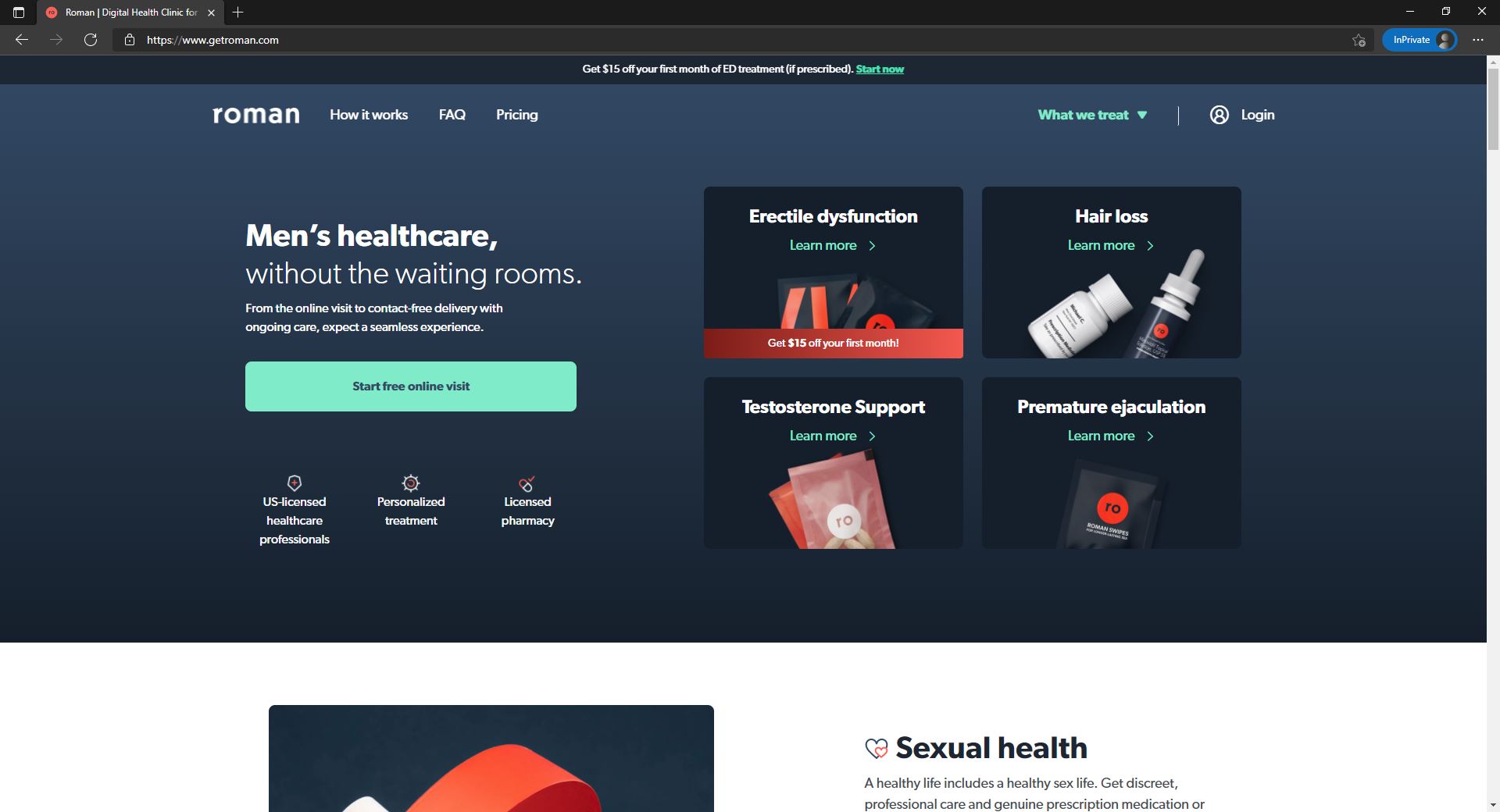
A lot of the time, Reitano thinks people are afraid to fall out of love with a startup idea, especially as first-time founders. They leave their job, and within a matter of days, they want to be up and running with a new idea, hanging on to it months after they’ve lost passion for it.
“I think that comes from a fear of being seen as a failure. It’s something I felt when Shout (his fourth business) failed but once I managed to separate myself from it, I was a lot freer to experiment with different ideas,” Reitano says. “It almost became a bit of a joke in my circle of friends. One week I’d be asking them to taste-test a burrito, the next I’d be asking for advice on sleep sensors. It was like, what’s Zach working on now?”
To Reitano, working on a business idea is like dating in many ways. Maybe you love it at first sight, maybe a week later you’re still excited about it. But maybe in the next few weeks, you learn something that makes you feel differently, the margin profile is worse than you imagined, or the demand is getting much weaker.
At that point, your heart will tell you it’s not the right fit and you should move on to something new instead of working blindly and without any motivation. No one is going to think any less of you for that. That doesn’t make you a failure, it just means you’re testing things out.
“With Ro, I found something that I feel so fulfilled obsessing about. I get so excited going down the healthcare rabbit hole, reading some thesis or economic report from 1975 about physician supply, trying to understand the space better to serve the products we build,” Reitano says.
To Reitano, one of his biggest strengths and weaknesses is that he’s obsessive. On one side, he doesn’t think that people should make a habit out of losing sleep or time with family, for the sake of work. But on the other side, he never wants a lack of effort to be the reason Ro fails. Work-life balance is his ultimate goal.
As he says, “There are so many people that are smarter than me, or know healthcare better than I do. So whether this succeeds or fails, I want to know I couldn’t have worked harder. That doesn’t mean not sleeping, or not exercising, because those are things that help me perform at my best.”
No Need to Do Something New
The concept of telehealth is nothing new. The earliest recorded incident comes from an anonymous letter to The Lancet in 1879 describing a doctor diagnosing a child over the phone in the middle of the night. And from the earliest days of the internet, physicians, programmers, and futurists have been envisioning ways to bring healthcare into the digital world.
“As much as most startups would love to say what they are delivering is fundamentally new or novel, in our case, we can’t. At its core, Ro provides access to a doctor and a pharmacy. These two services independently – and the seamless connection between the two – have existed for quite some time,” Reitano says.
By the time Ro came about, there have already been many competing companies operating throughout the U.S. Some focused specifically on connected devices, others on storing and transmitting patient data, and many were simply unspecialized services that connected physicians to patients. None of these companies have discovered anything new, they’re simply repackaging preexisting medicine.
“Prior to launch, the competition was actually just the status quo,” Reitano says. “Now we’ve seen this massive increase in telehealth. The best company that will take care of the patients in the best way, get them their medications the fastest, have doctors be the most affordable and convenient and responsible – they will win.”
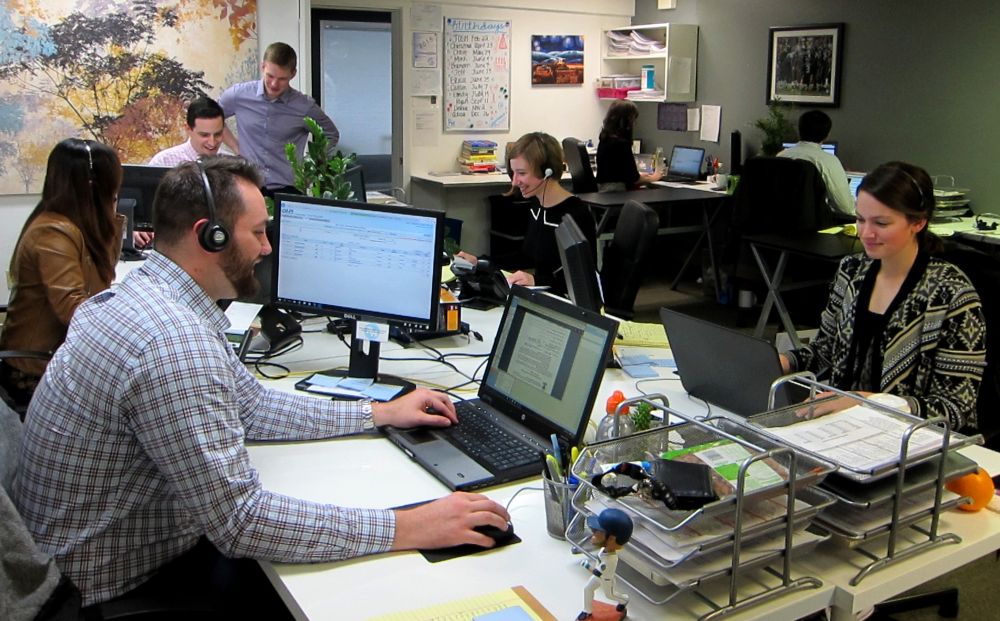
At the time, there still wasn’t any outstanding market leader. However, the space was cluttered enough that it was becoming difficult to get attention without having a clear hook. The point is, even telehealth was in a boom period, there are very few services delivered virtually.
For that reason, a start as digital men’s care for specific problems like erectile dysfunction or hair loss with telehealth service and medication delivery could make Ro become competitive. The way Ro developed on an existing foundation is critical to understand how it has managed to grow so quickly in such a short amount of time.
Break the Stigma
Looking back at the origin story, Ro didn’t start as a telehealth force. Founded in 2017, the company came out as Roman, a digital health clinic with a simple goal: to make it easier for men suffering from erectile dysfunction (ED), which is a quite sensitive condition.
Reitano is the one who had a long personal lesson on the importance of men’s health. At the age of 17, he had been hospitalized and required emergency surgery for a critical heart condition. Throughout the ordeal, and well into recovery, Reitano struggled with ED, first as a symptom of the condition and then as a side-effect of the medication keeping it under control.
His experience inspired him to start Roman, a company aimed at treating men’s health issues. The founding story provides not only a great media narrative but also a clear direction that sets Roman apart in the industry. The company’s success is in part a result of Reitano getting comfortable with telling his own private problems.
“That leap was something that I definitely struggled with in the beginning. I had a little epiphany and embraced any embarrassment that I may have felt. This entire process pales in comparison to anyone that I might help or impact by sharing my story,” Reitano says. “It’s been refreshing to just let my guard drop and interact with people because now other people also know one of my most personal stories.”
To Reitano, starting Roman meant breaking down what it meant to be a man, the idea that men don’t have any trouble and stress in the bedroom at all. When making decisions through the lens of masculinity, it becomes harder to be kind, gentle, and warm. He expresses how proud he is to build an empire of his own medical condition and, in the process, attempt to break its stigma.
This sudden appearance of a men’s-wellness start-up industry isn’t a fluke. It’s a result both of shifting telehealth laws and of an increasing number of brand-name medications going off-patent. That means the pills are cheaper and easier to get. Then there’s the cultural shift: Young men seem more willing than ever to pay money to take care of themselves.
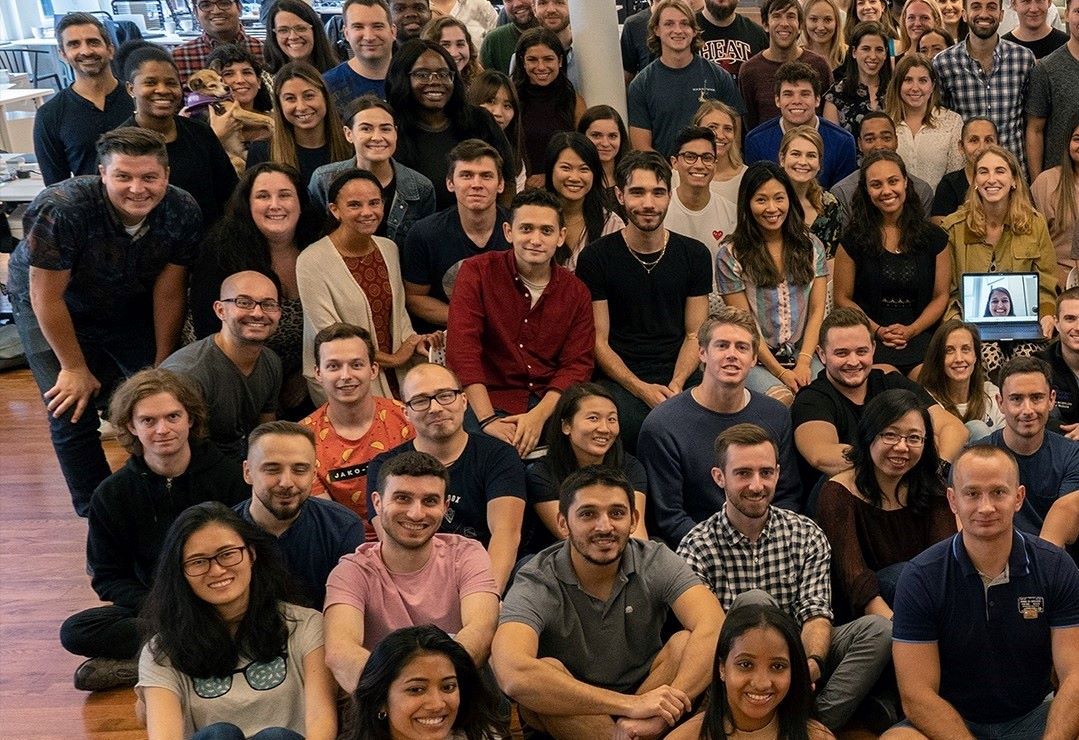
Not stopping there, after tackling men’s health, Ro is addressing a different demographic. In 2019, the company broadened its focus to include women. It launched Rory, a vertical focused on women between the ages of 45 and 65 and going through menopause.
Recently, Ro moves deeper into fertility care with the acquisition of the personal testing company Modern Fertility. This is one of the largest investments in the women’s health care technology space, known as femtech. The purchase shows that Ro sees women’s health as another key area of development.
Make Use of Affordable Traditional Media
Given the whole situation of COVID-19, for Ro, it’s a key to take advantage of current out-of-home (OOH) media rates discounted between 30-40% off and diversify away from a reliance on digital ads, which are becoming increasingly more expensive. While most of its competitors at the time tried to win the SEO game, the company took a very traditional approach to get its name out and made it work.
“Inevitably, social media ads will be more and more expensive, over the course of time. So finding ways to focus on more geographically-based media buys to test out surround sound strategy, out of home plays a really big role in that.” Ro’s co-founder and CDO Rob Schutz says.
Unlike many other modern direct-to-consumer (D2C) brands, Ro didn’t stand a chance of really going viral. Instead, the company focused on areas where it knew it could win. Word of mouth on social media was out. Word of mouth in locker rooms and personal conversations between guy friends was in.
Even as the world grapples with new Covid variants, the company will continue to steadily increase its investment in OOH. Given the nature of OOH advertising, and the global pandemic still at bay, Schutz admits the channel is a risk. However, it’s one that Ro has built into the brand’s strategy.
Like most brands at the beginning of lockdown, Ro paused OOH advertising for months. But by spring of this year, alongside a vaccine rollout and an upward trend in New York City public transportation ridership, it’s now ready to get back in the game.

Focus On What Consumers Want
“For the five years prior to Ro, I ran Growth and Marketing at BarkBox, a company that delivers treats, toys, and joy to millions of dogs across the country. What I learned there, and what I applied right out of the gate here at Ro, is that you need to focus on what consumers actually want and use that to introduce things they need but may be harder to help them with initially,” Schutz writes in his blog post.
As Schutz shares, when the co-founders started to find ways of approaching customers, they decided to replicate BarkBox’s approach, considered simple and standard in DTC, yet novel in healthcare. In doing so, the company was able to establish relationships with its patients, not just based on what they needed, but also based on what they wanted.
At Ro, there’s a strategy known as a Jobs-to-be-Done (JTBD) approach to solve this knowledge gap. The theory around JTBD is that people first want to know how to accomplish their goal, not be immediately told (or sold) which tool they need.
“For example, if you know you need a quarter-inch hole in your wall to hang a picture, you want someone to talk to you first about creating that quarter-inch hole instead of immediately trying to sell you a quarter-inch drill,” Schutz explains. “Using this thinking, we communicate directly to people who want to address specific health needs, clearly explaining how Ro can help them do it.”
According to Reitano, any founder, not just consumer founders, should have that goal in mind, to build something people want. Nothing else matters if you don’t build something people want – not unit economics, not whether something will break at scale, nothing. Businesses often have trouble with this. They convince themselves people want what they built because it’s difficult to accept when something you poured your heart and soul into isn’t wanted.
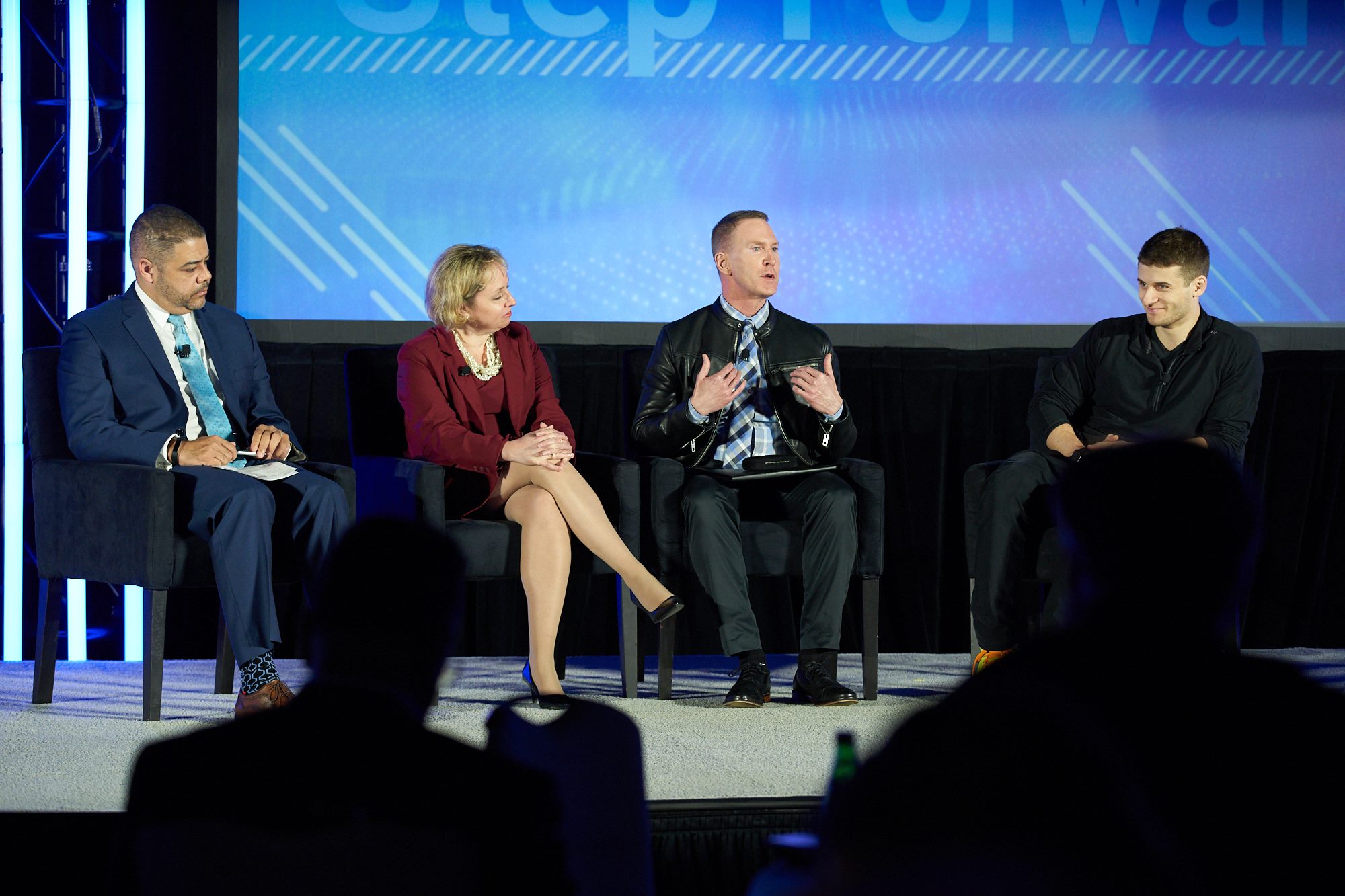
At Ro, being specific about a health condition has allowed the brand to unlock a more DTC messaging style, which in turn has helped it to serve more patients. Instead of saying “Ro can connect you with a doctor where and when you need it!”, it directly answers the questions that patients are thinking about.
For instance, its TV spots for hair loss will speak directly to patients about what they want, an affordable way to address their hair loss problem, and what they need, a high-quality treatment prescribed by a doctor they can trust.
“We believe this is a great way to get patients’ foot in the door, but the end goal is and will always be to help patients take control of their health over the long term,” Schutz shares. “We use this JTBD approach to draw patients to our platform, and once we establish that relationship, we have the opportunity to get them thinking more about their overall health.”
The Bottom Lines
With all of those things, in just the past year, Ro has grown dramatically and it’s still striving to make its vision a reality every single day. Its success today is the result of a long journey from the early days when the co-founders were put in the most unpleasant health situations. Their experiences along the way turn out to be very helpful as lessons for many entrepreneurs.

